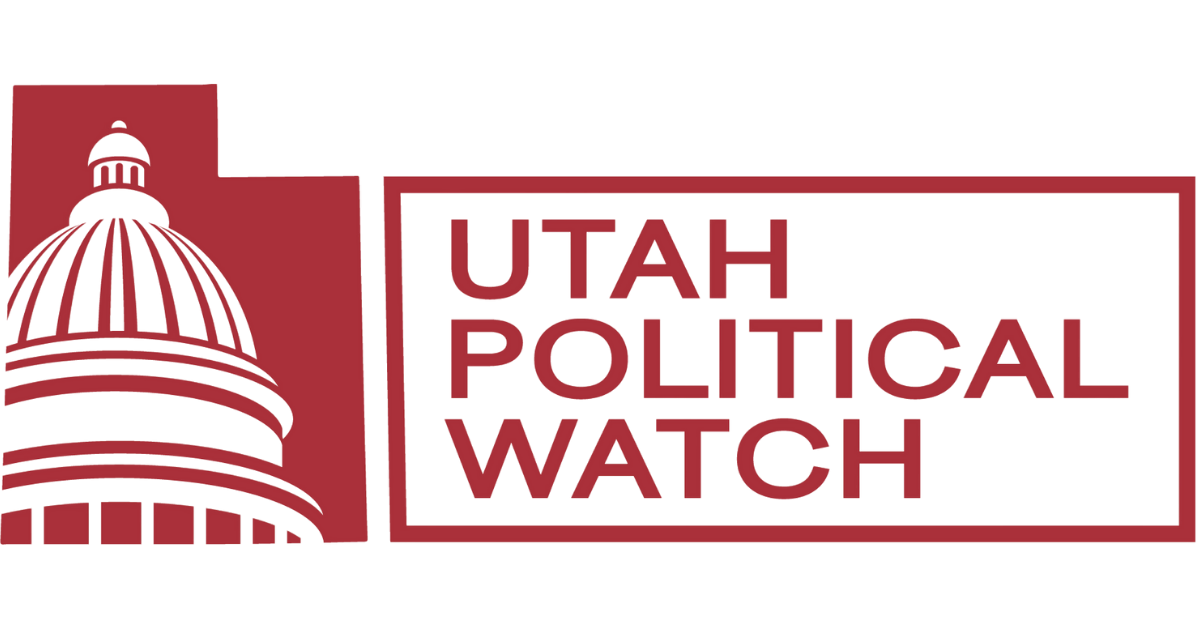Utah's ambitious $1 million gamble to seize control of 18.5 million acres of federal land crashed at the Supreme Court's doorstep on Monday. The state's unprecedented legal challenge sought to wrestle vast stretches of public wilderness from federal control.
In August, Utah asked the justices to take up their claim that it’s unconstitutional for the federal government to retain ownership of about 18.5 million acres of public land in the state without designating what it should be used for. The Bureau of Land Management currently manages that land.
Utah argued that it’s far better to let it manage the lands inside its borders instead of control coming from Washington, D.C. Critics allege the state wants to sell off the lands for development instead of keeping them available for everyone.
On Monday morning, the Supreme Court denied Utah's motion without comment.
Steve Bloch, Legal Director for the Southern Utah Wilderness Alliance, says Utah attempted to “skip the line” by taking the issue directly to the Supreme Court instead of going through the normal process.
“Utah is trying to invoke the Supreme Court’s ‘original jurisdiction’ to hear this case, where states are able to ask the Court to take up a matter as a first instance. It’s usually something like states arguing about a border or a body of water, which is not at play here. “If the court were to say yes, what else would they then have to say yes to down the road?”
To bolster its case, Utah has spent nearly $1 million on a public relations campaign to sway public opinion and hundreds of thousands on outside attorneys to argue their case to the justices.
Utah’s case has a difficult hurdle to clear, as both the legislation admitting Utah as a state and the state constitution make it clear that Utah has no legal claim to the public lands within its borders.
Even with Monday’s rejection by the justices, there are still legal options open to Utah. The state still could file a lawsuit challenging current control of the lands in federal court.
Bloch says he hopes that Utah decides against continuing the fight.
“We hope that Utah would hang it up and embrace that Utahns love their public lands and don’t want to see them sold off to the highest bidder.”
Your support is crucial for delivering the high-quality, independent journalism that informs and empowers our community.
Join our growing community of supporters today by becoming a paid subscriber or making a one-time donation.
Every contribution, big or small, makes a difference.
Thank you for standing with us as we work to strengthen democracy and elevate the issues that matter to Utahns like you.







